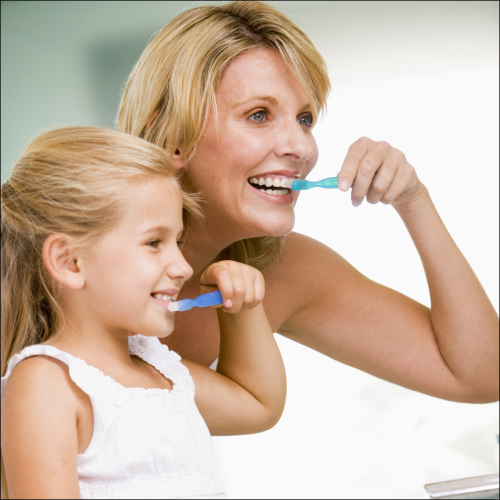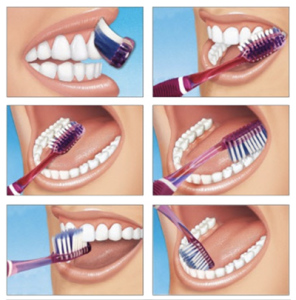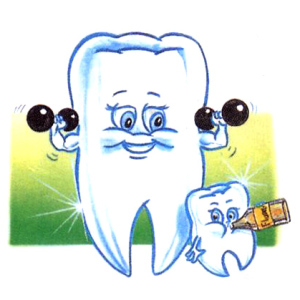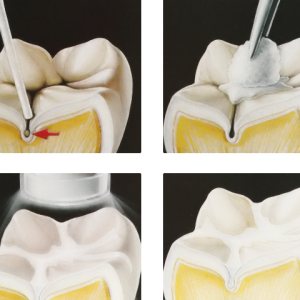PREVENTION
0 – 12 PATIENT

“Prevention is the best cure,” so we do our best to make sure that all the family know the importance of good oral hygiene in preventing the onset of gum disease and tooth decay. We will show you what to do and how to do it, starting with the very youngest. Children in particular must be seen regularly by an expert children’s dentist before they reach six years of age (or even before if their parents are worried), so that the dentist can keep an eye on their development and encourage them to start healthy habits that should give them a lifetime of oral health. Bad habits to watch out for are grinding and thumb- or dummy-sucking, which can lead to crooked teeth.
BRUSHING
It is essential that your child’s teeth are kept clean as soon as they appear. So, from the age of two onwards you should be getting them into a routine of regular brushing. At this age you can even start teaching them how to use a toothbrush, which should become a fun event that takes place after every meal. Before they reach four or so you will need to step in and help them out, until you are satisfied they are capable of going it alone. Our team will be able to give you all the tips and pointers you need to set your child up for a lifetime of healthy teeth.


FLUORIDE
To help prevent caries, children should be given oral fluoride daily from birth, up to the age of 14. Recommended doses are: 0.25 mg per day from 0–2 years, 0.5 mg/day from 2–6 years, and 1 mg per day from 6 years onwards. Ask your dentist for advice on how to treat your child.
CAPS
As the permanent molars naturally feature pits and grooves, they are particularly susceptible to cavities. To make them less likely to decay, your dentist can coat these grooves with a sealant to make the teeth smoother and easier to keep clean.


Watch what your children eat and drink! Your kids should be eating a varied, balanced diet containing protein, simple (sugars) and complex (starch) carbohydrates, fats, vitamins and minerals. They should not be fed too many carbohydrates, and meal- and snack times should be fixed and regular. Know how many calories your child should be eating to develop normally and divide it up over the course of the day. Don’t get them into the habit of eating sweets, as these serve no useful function and can in fact damage the teeth. The same goes for sugary drinks and processed foods and snacks, which should be avoided, especially at bedtime.Come ci si lava i denti:
How to brush
Your child’s teeth should be brushed for at least 3 minutes after meals. Use a toothbrush with synthetic fibres designed specifically for children. Apply light pressure, without squashing the fibres – it is the tips that clean the teeth – and change the brush every 3–4 months. The toothbrush should be rinsed under cold or warm running water – never hot. At 12 years of age your children should be taught how to use dental floss every day.

TEENAGERS
Adolescence is a delicate stage in a young person’s life in which they start to develop a sense of identity and self-awareness. A healthy self-esteem is vital for wellbeing, communication and social interaction, which is why we offer teenagers clear aligner treatment to straighten their teeth and restore their smile without embarrassment. This treatment will ensure that they don’t feel the need to hide their mouths with their hands when they speak or laugh, and that they don’t suffer the speech impediments typical of traditional braces.


